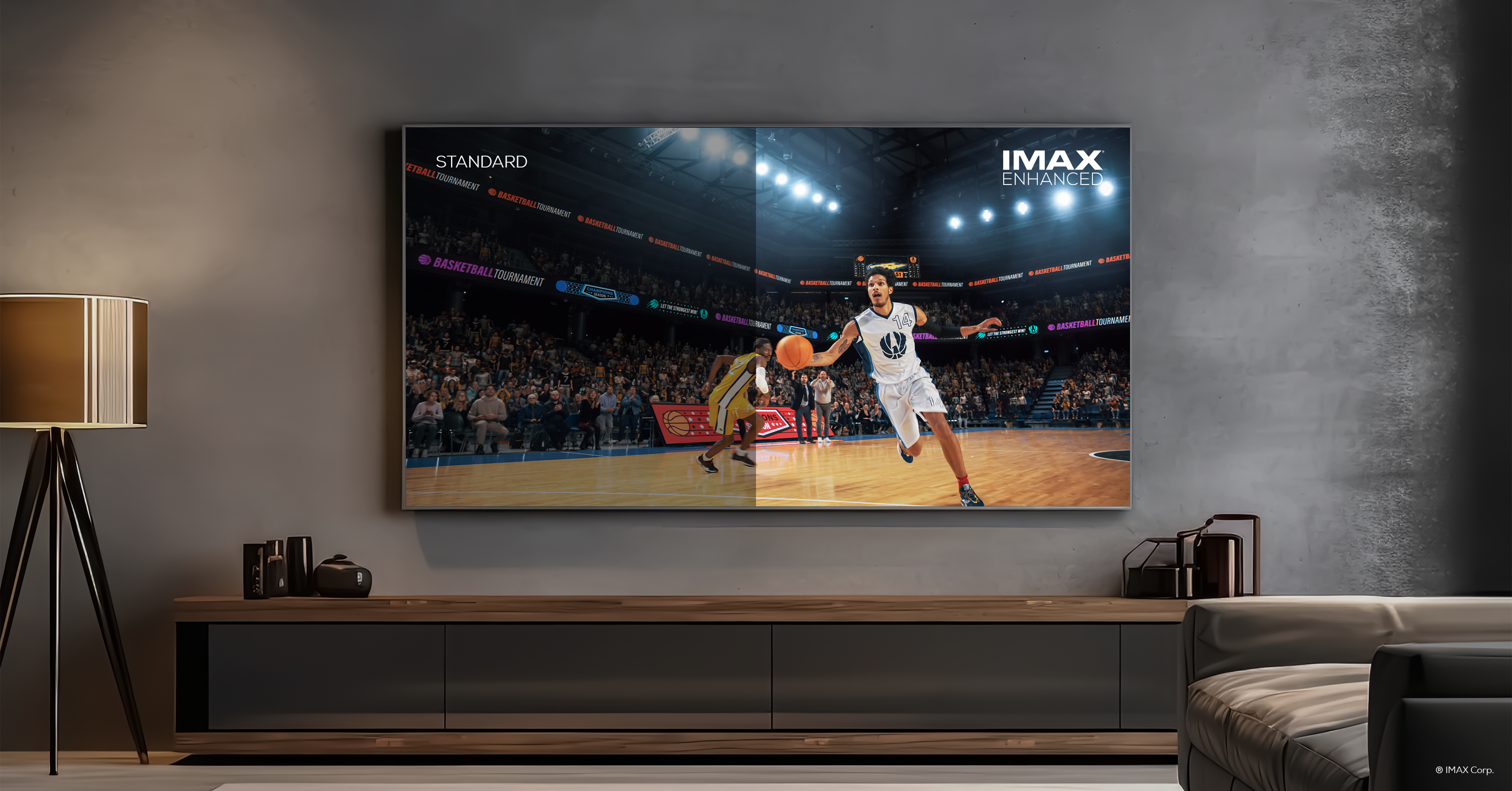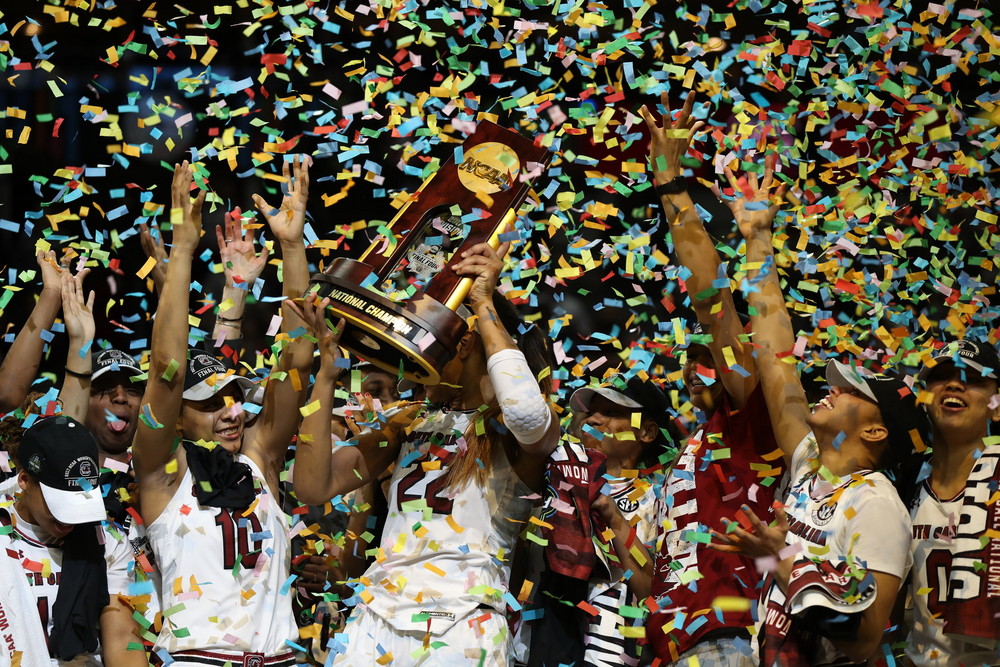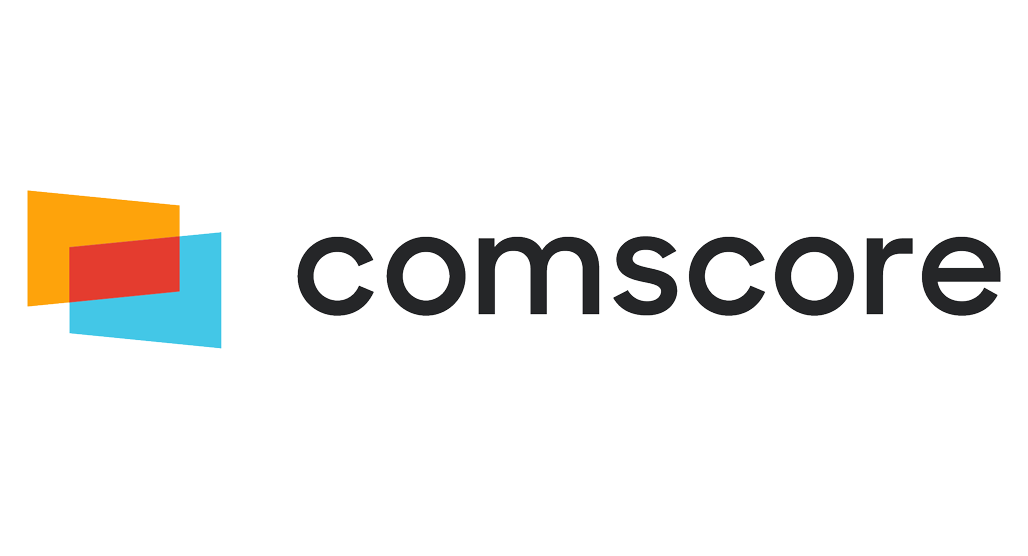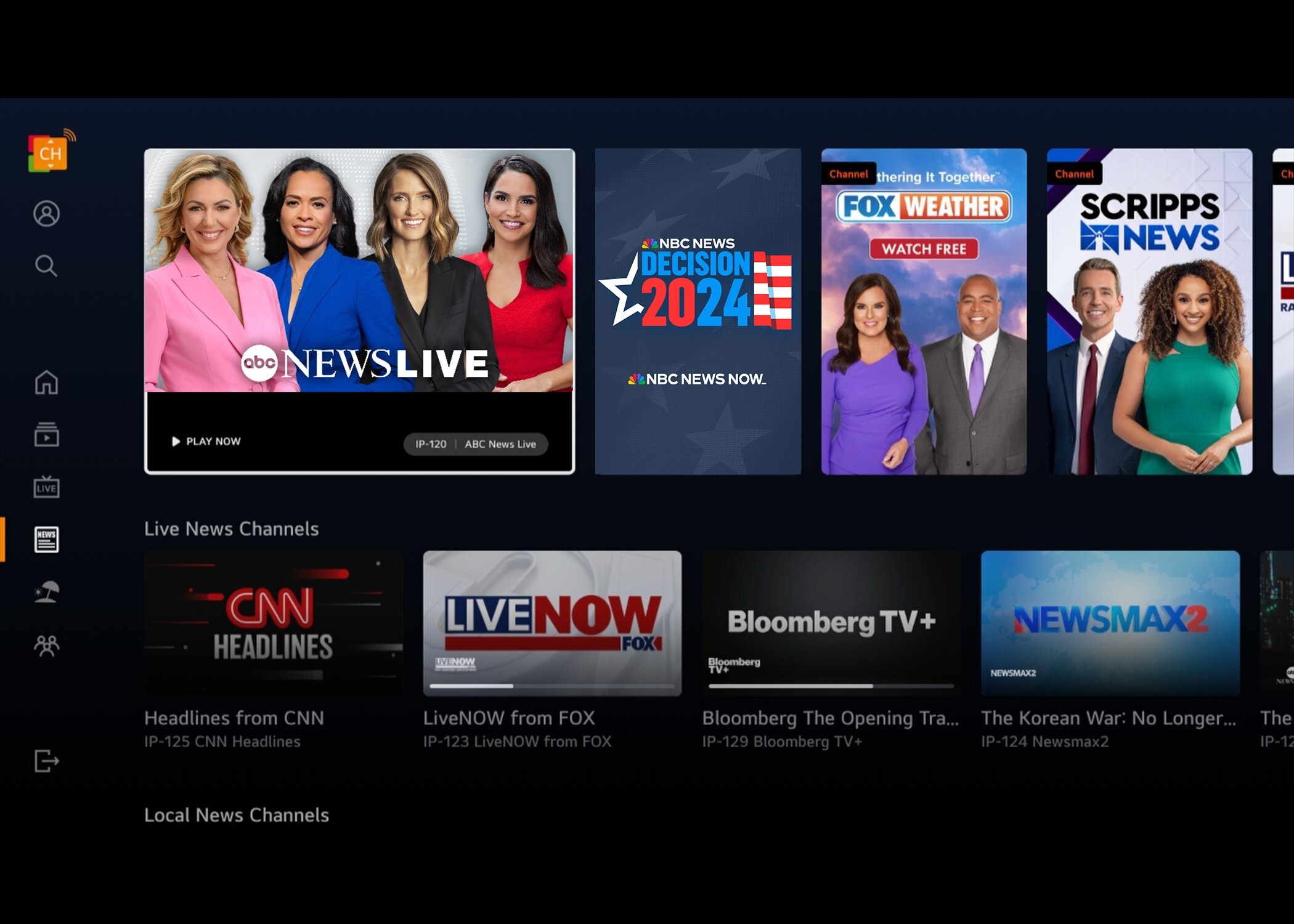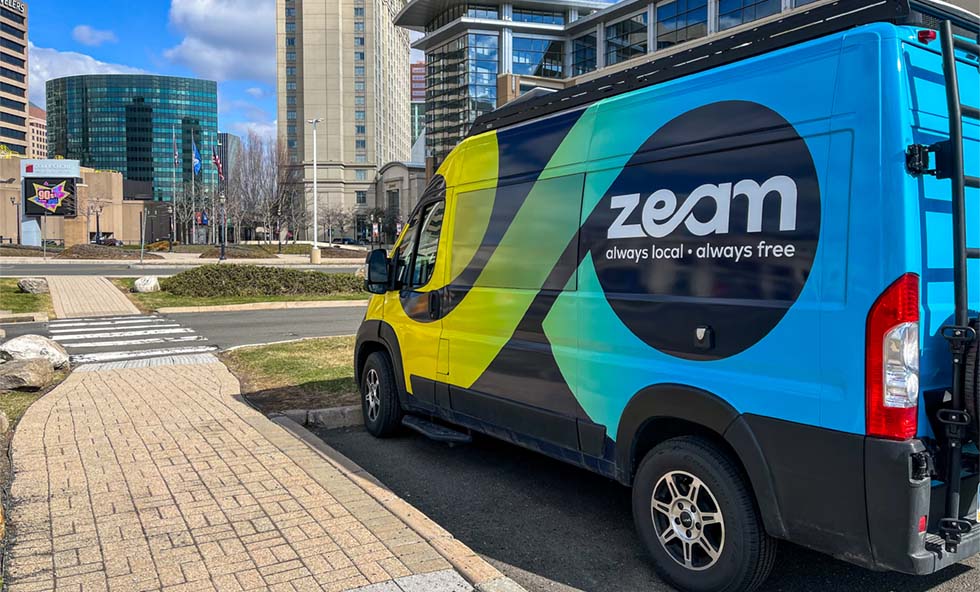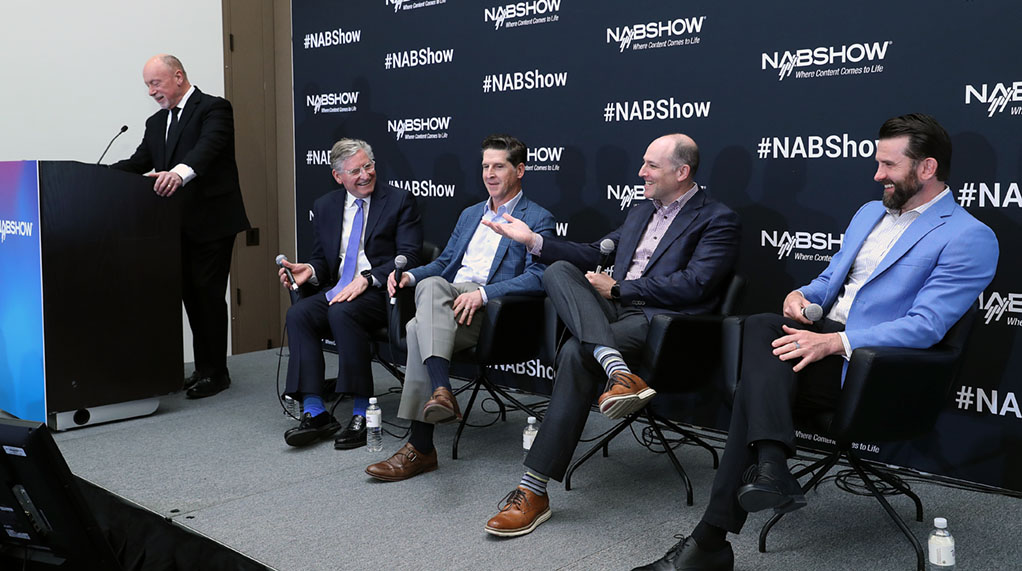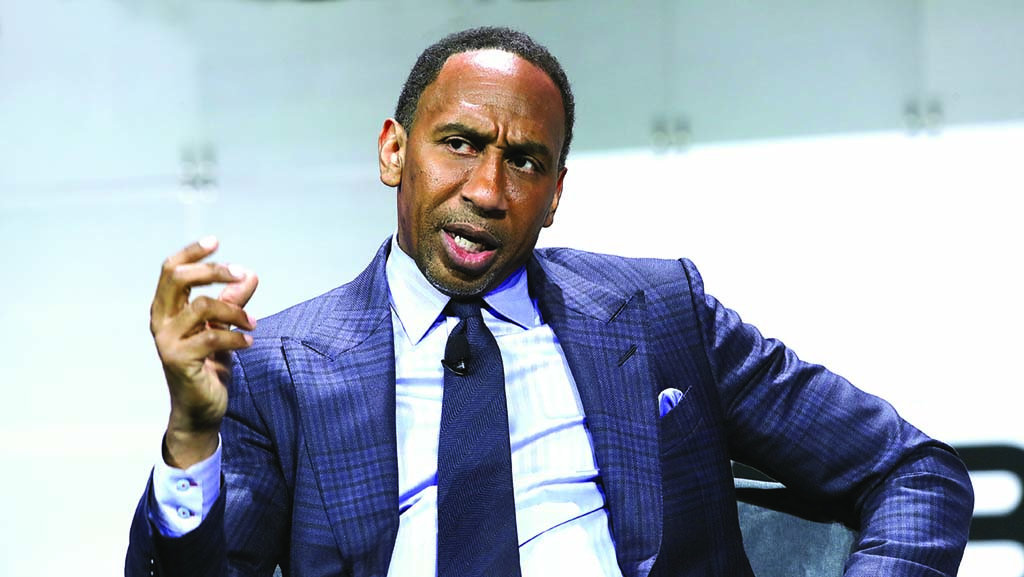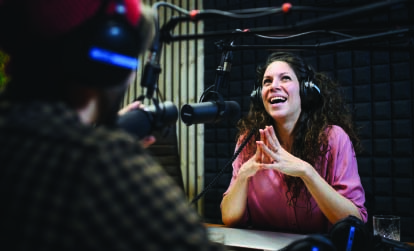Senator Markey, Rep. Eshoo Introduce Legislation to Improve Video Accessibility
The bill would require improved closed captioning and give the FCC more authority to insure accessibility rules keep pace with new technologies
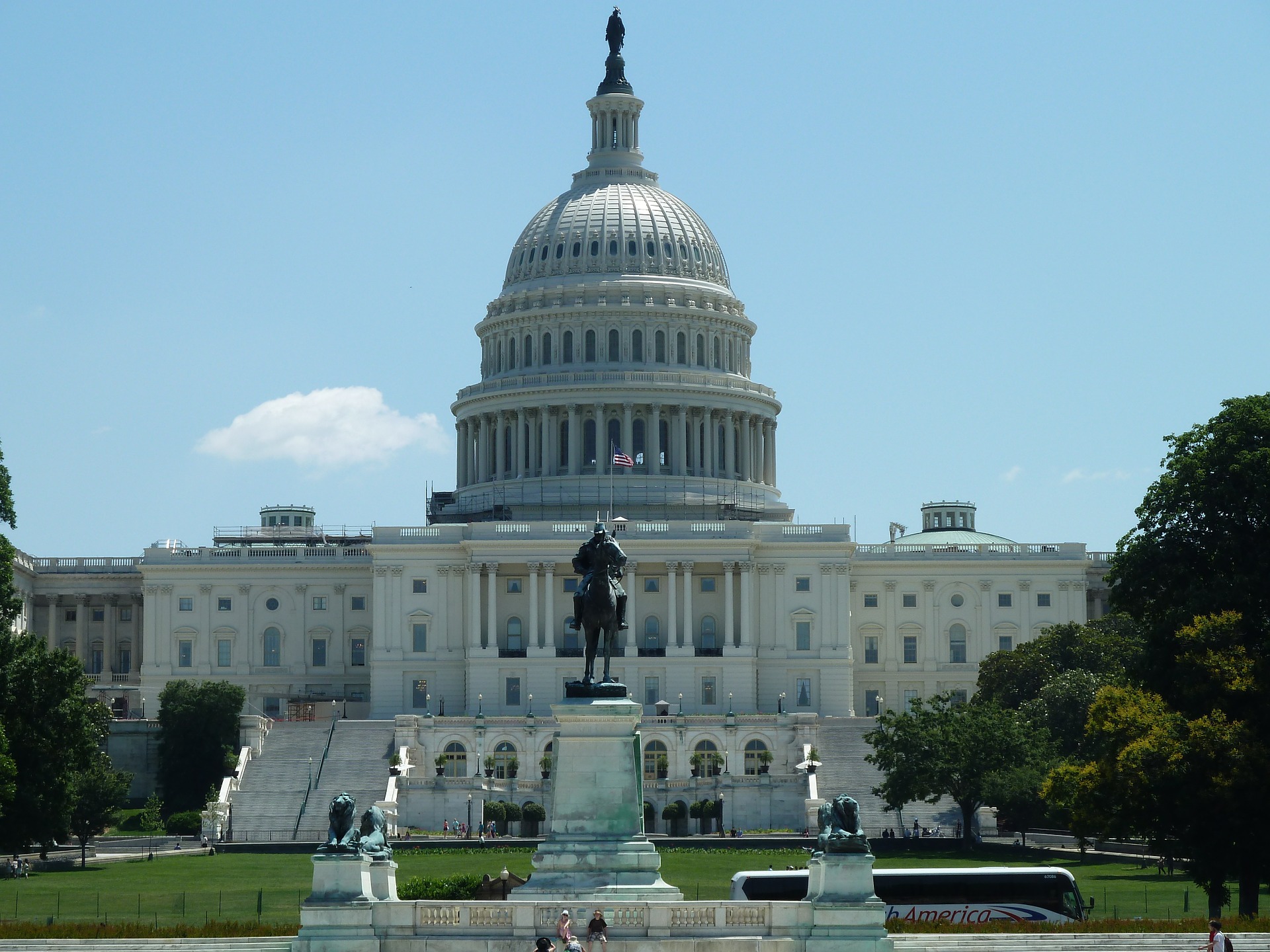
WASHINGTON, D.C.—Senator Edward J. Markey (D-Mass.) and Representative Anna G. Eshoo (CA-18) have introduced the Communications, Video, and Technology Accessibility Act (CVTA).
Markey is a member of the Senate Commerce, Science, and Transportation Committee and author of the 21st Century Communications and Video Accessibility Act (CVAA), and Eshoo is a senior member of the House Energy and Commerce Committee.
The CVTA updates and amends the CVAA to keep pace with the proliferation of emerging technologies that have come online since Senator Markey’s 2010 bill was passed with bipartisan support.
Senators Sheldon Whitehouse (D-R.I.), Elizabeth Warren (D-Mass.), Bernie Sanders (I-Vt.), Ron Wyden (D-Ore.), and Tammy Duckworth (D-Ill.) are cosponsors.
“Since I authored the 21st Century Communications and Video Accessibility Act, technologies have changed. What hasn’t changed is our obligation to make sure that everyone – including people with disabilities – has equal access to the services and technologies they need to thrive,” said Senator Markey. “That is why I am introducing the Communications, Video, and Accessibility Technology Act, to update current laws on the books so that we can meet the technological moment and ensure opportunity, independence, and equal access for all.”
“As technology has rapidly evolved over the last two decades, much of our economy and day-to-day lives have moved online,” added Rep. Eshoo. “Unfortunately, accessibility standards have stayed largely the same, leaving people with disabilities behind. In 2020, 38% of people who were blind or had low vision reported issues with at least one of the technologies needed to do their jobs, and in 2021 as many as 70% of students who are deaf or hard of hearing reported technology challenges in the educational environment. I’m proud to introduce legislation with Senator Markey to update current laws so people with disabilities have full access to modern technology that is necessary to participate equally in the 21st century.”
FCC Chairwoman Jessica Rosenworcel also weighed in with support for the legislation. “Accessibility means equal opportunity to create, participate, and communicate—and promoting accessible technology is an important part of our agency’s mission,” she said. “To do so effectively we need to keep up with emerging technologies. This legislation will help us do just that, by ensuring that people with disabilities have full access to communication products and services that are necessary to participate equally in today’s world, while laying a foundation for accessibility in future technologies.”
Get the TV Tech Newsletter
The professional video industry's #1 source for news, trends and product and tech information. Sign up below.
Since Congress enacted the CVAA in 2010, accessibility requirements for people with disabilities have not kept pace with changing technologies, the bill’s proponents said. As a result, individuals with disabilities do not have full access to many communication and video tools that are essential today. For example, the majority of video programming lacks audio descriptions for people who are blind or low vision, accuracy issues plague closed captioning on both online and televised video programming for people who are deaf or hard of hearing, video conferencing services do not have adequate functionality for people with disabilities, and deaf individuals who use sign language face significant barriers to access emergency services, the sponsors reported.
To address these and other issues, the CVTA would:
- Improve and expand closed captioning and audio description standards for television programming and online video streaming platforms to ensure that people with disabilities have equitable access to the wide range of programming available to the general public;
- Update current requirements to ensure viewers can easily activate and select preferred settings for closed captions and audio description on their video programming devices, such as televisions, smart phones, laptops, and tablets;
- Improve access to video programming for people who are deaf and use sign language;
- Empower the FCC to ensure accessibility regulations keep pace with emerging technologies, including artificial intelligence and augmented or virtual reality platforms.
A host of organizations and educational institutions also came out in favor of the act. They include: Access Living, Access Ready, American Council of the Blind, American Foundation for the Blind, Association of Assistive Technology Act Programs, Blinded Veterans Association, CommunicationFIRST, Carroll Center for the Blind, Communication Service for the Deaf, Hearing Loss Association of America, National Association of the Deaf, National Federation of the Blind, Telecommunications for the Deaf and Hard of Hearing Inc., Perkins School For The Blind, and United Spinal Association.
The full test of the bill is available here.
George Winslow is the senior content producer for TV Tech. He has written about the television, media and technology industries for nearly 30 years for such publications as Broadcasting & Cable, Multichannel News and TV Tech. Over the years, he has edited a number of magazines, including Multichannel News International and World Screen, and moderated panels at such major industry events as NAB and MIP TV. He has published two books and dozens of encyclopedia articles on such subjects as the media, New York City history and economics.

IBCAP Announces $25 Million Lawsuit Against Lemo TV and Kemo IPTV
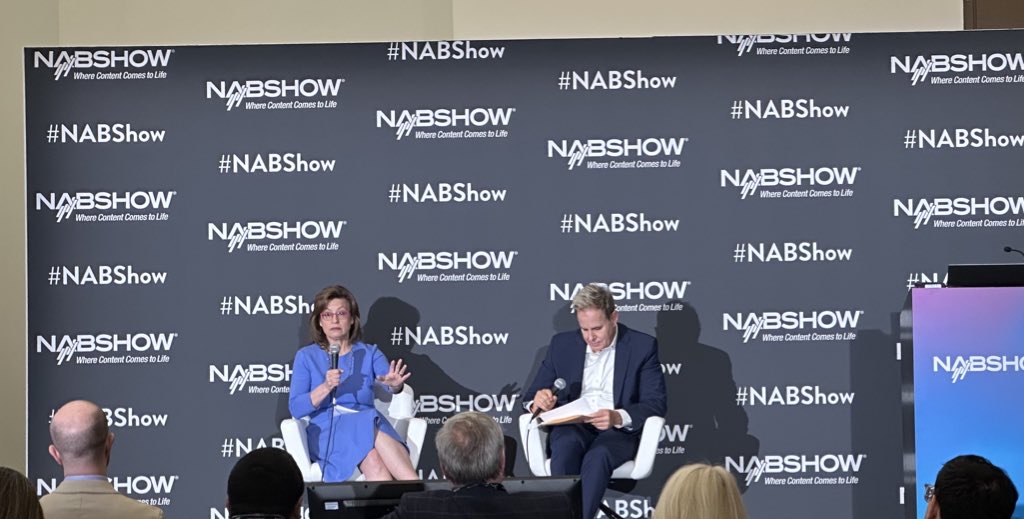
NAB Show: Gomez Warns That FCC Is Straying From Its Mandate

